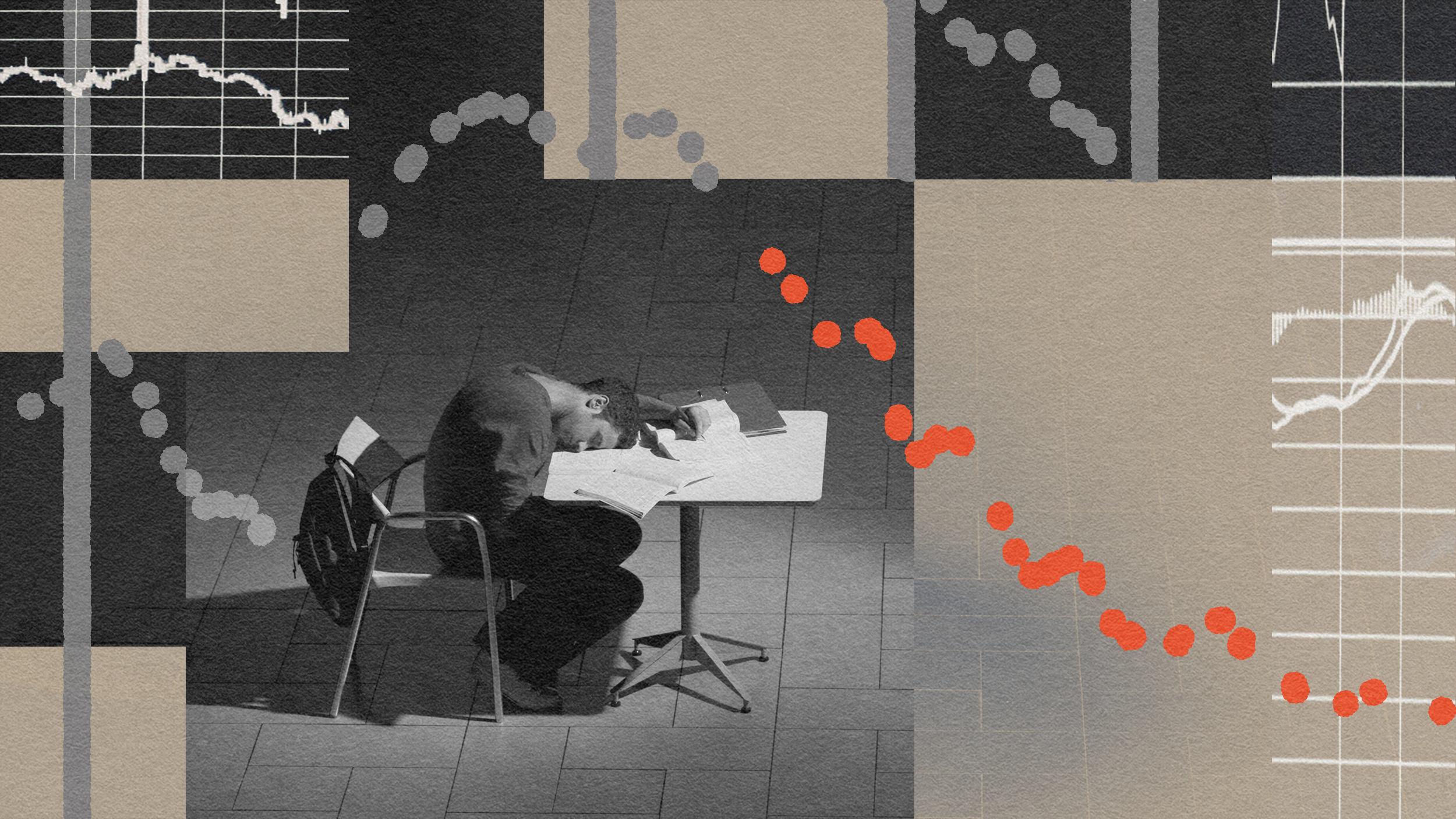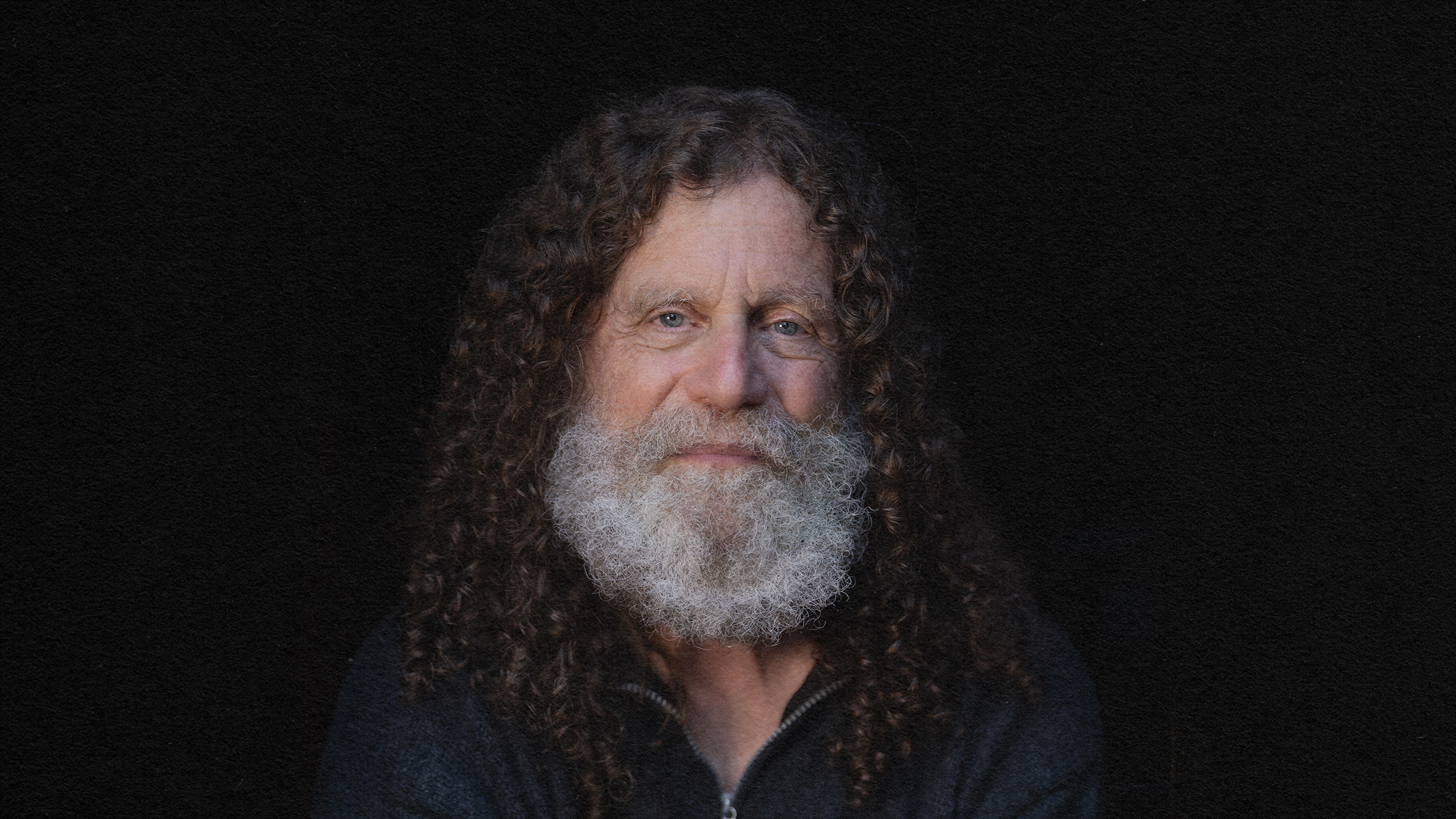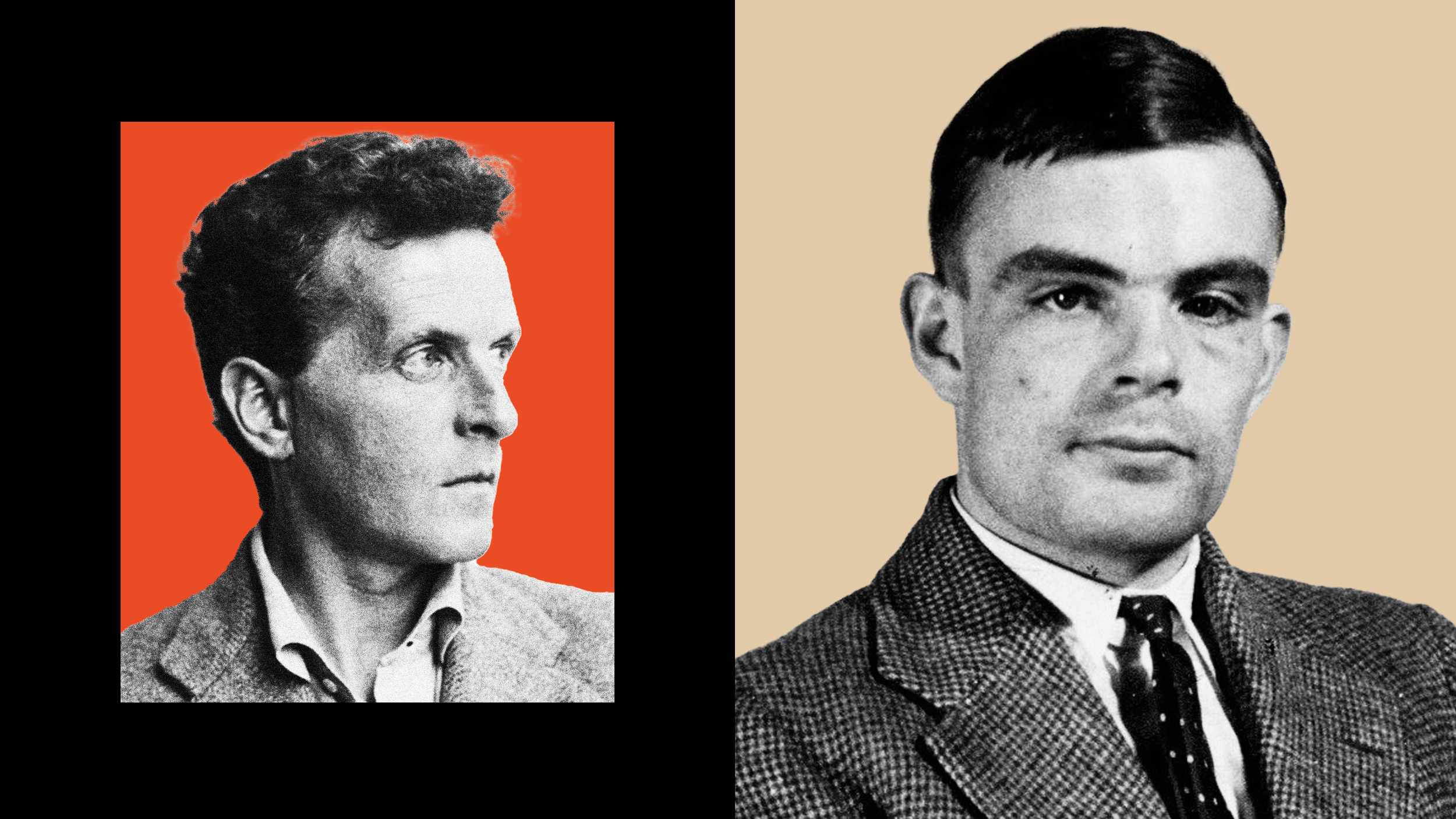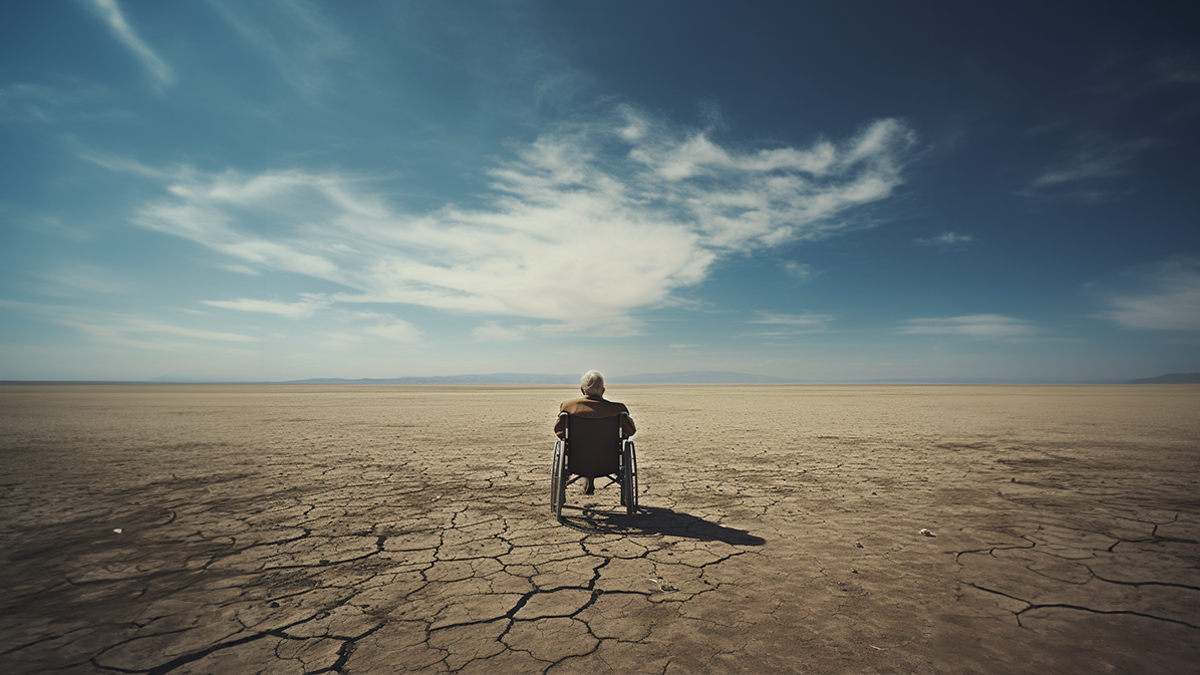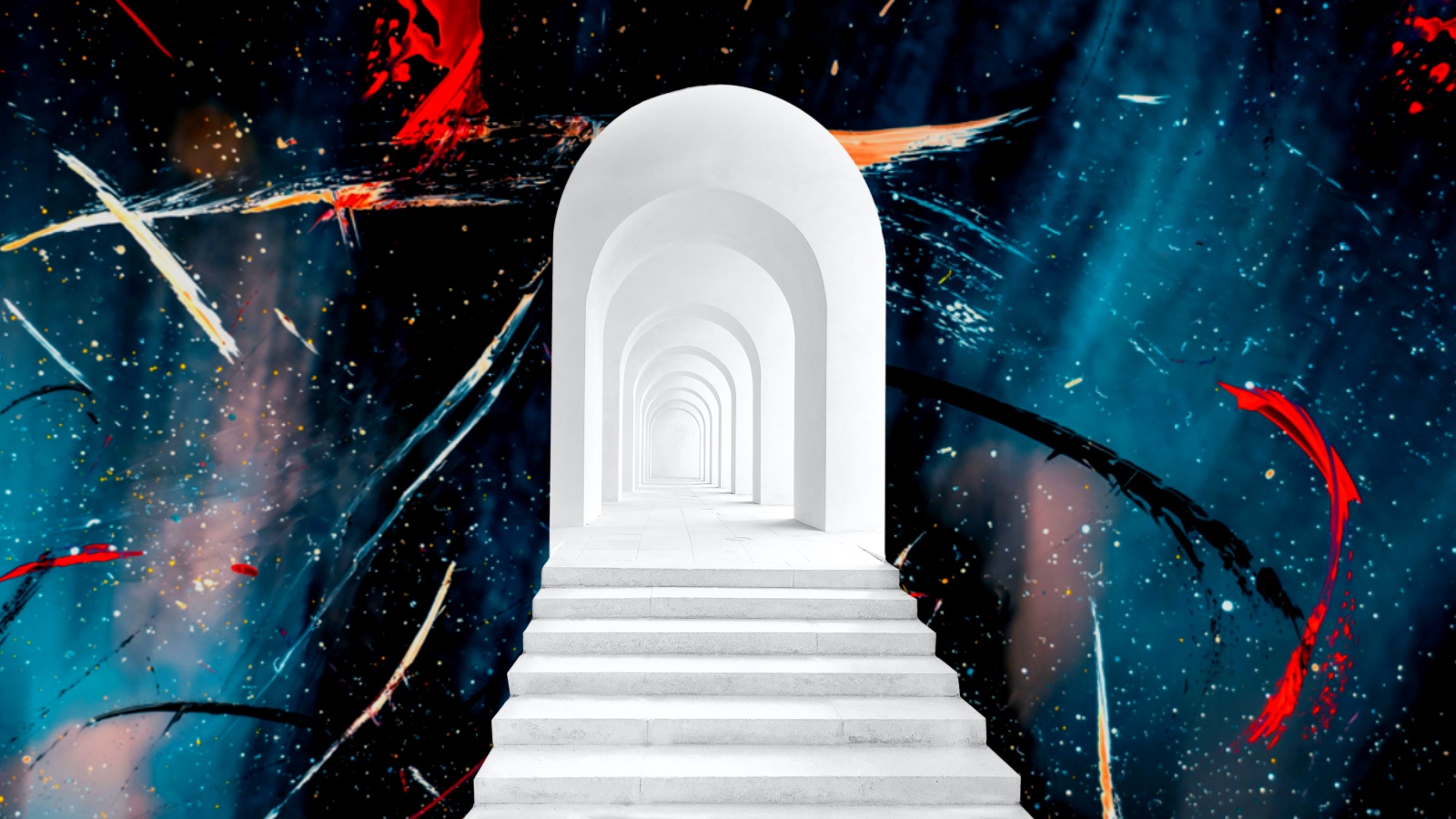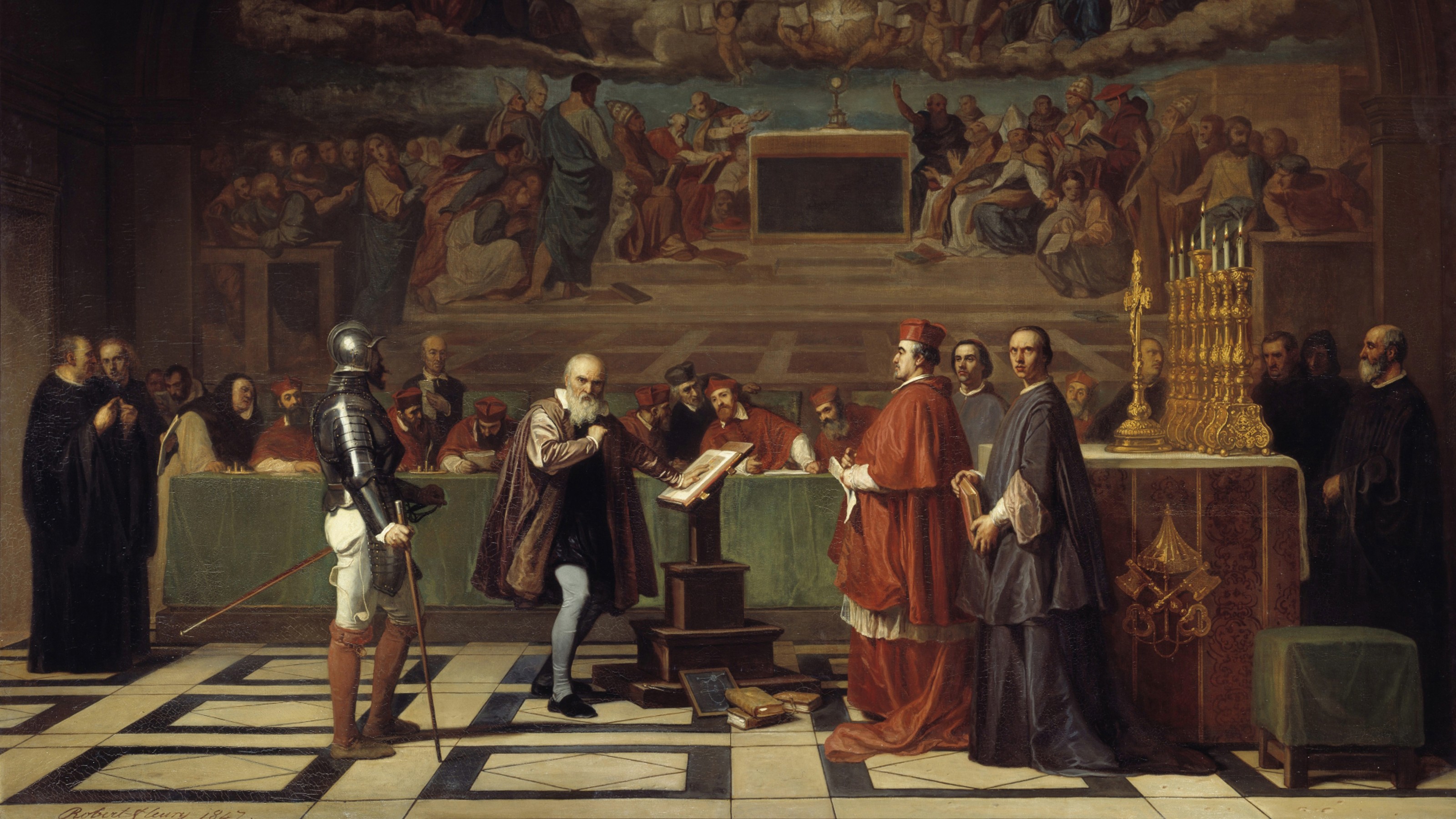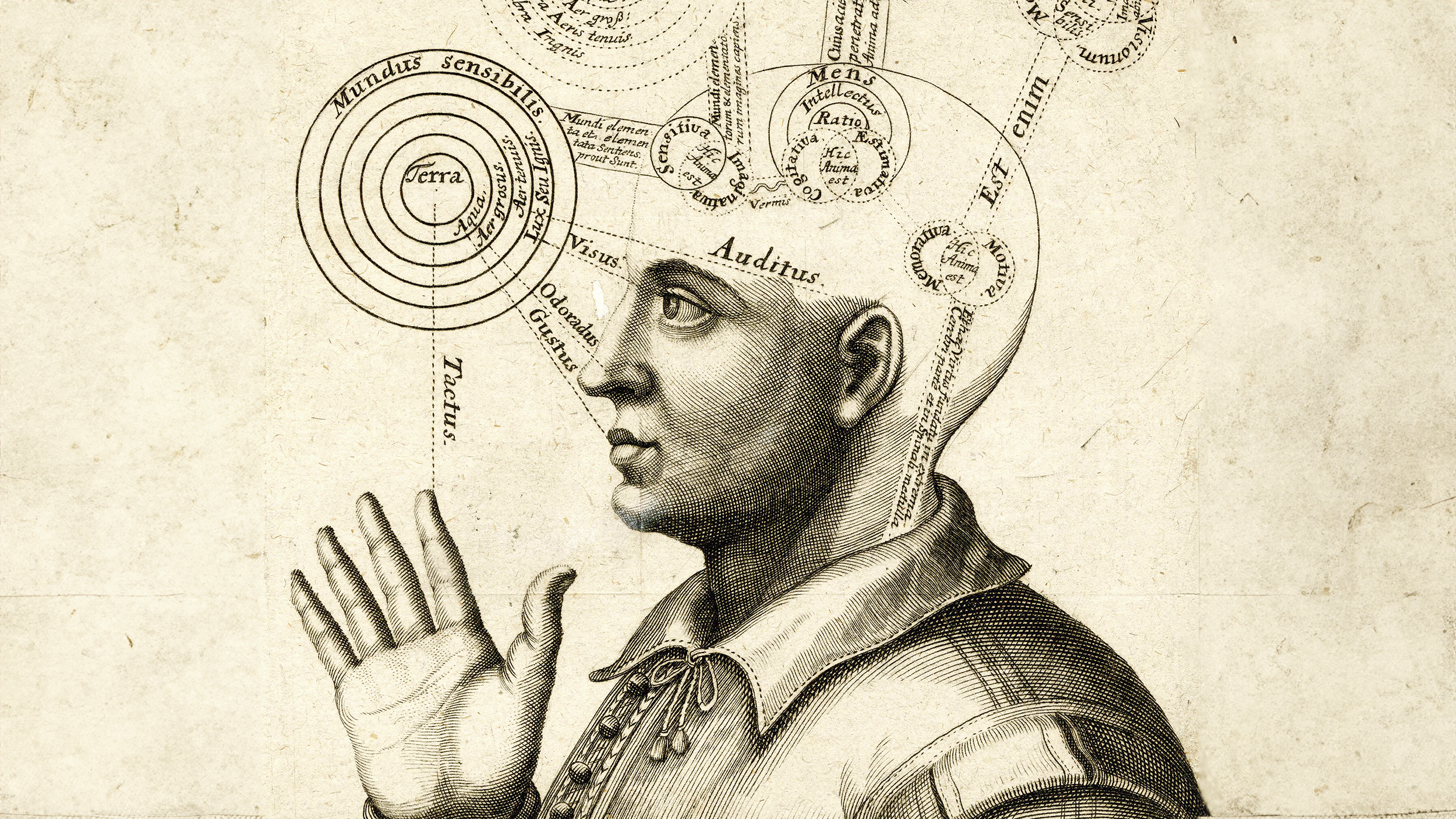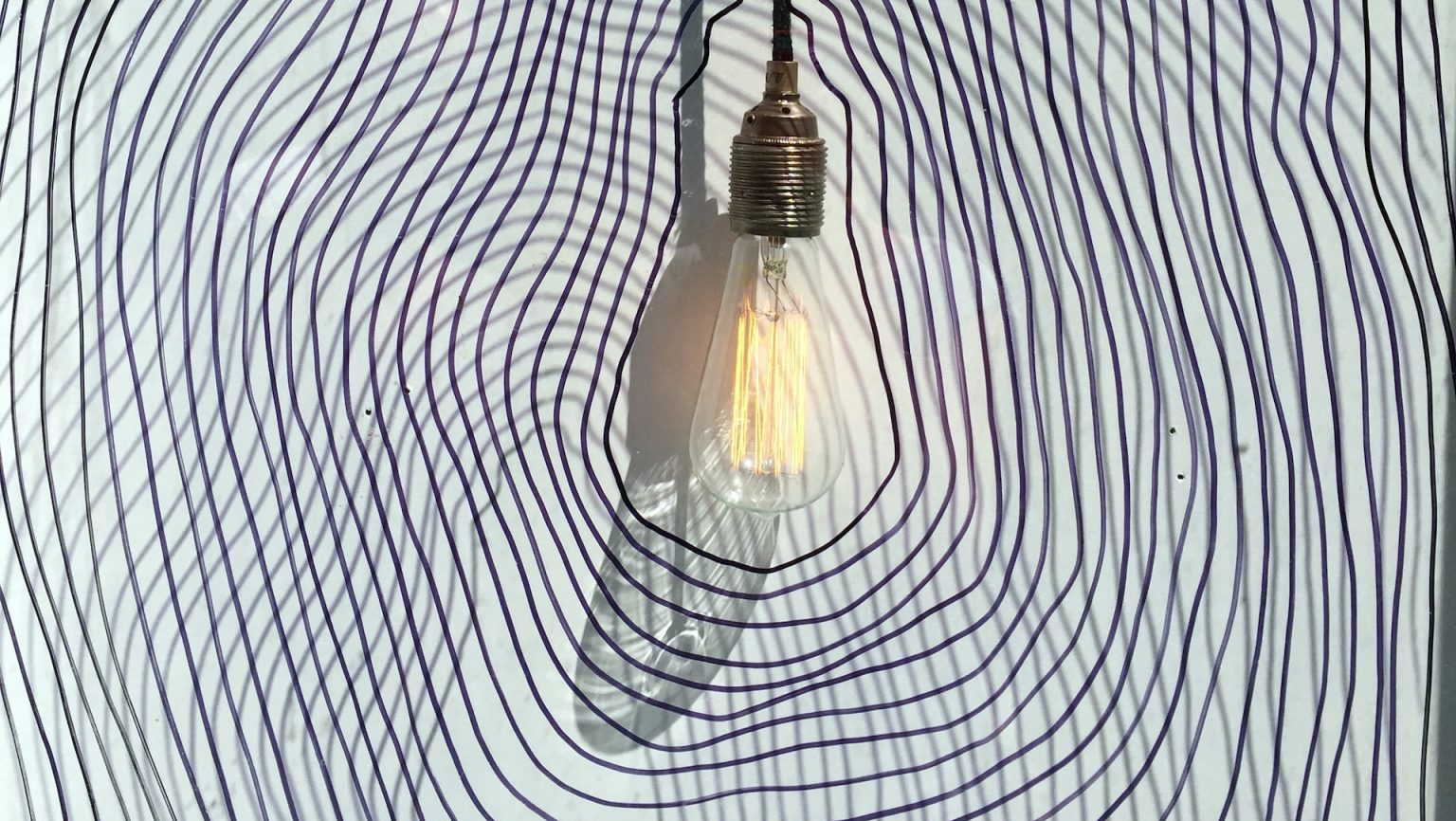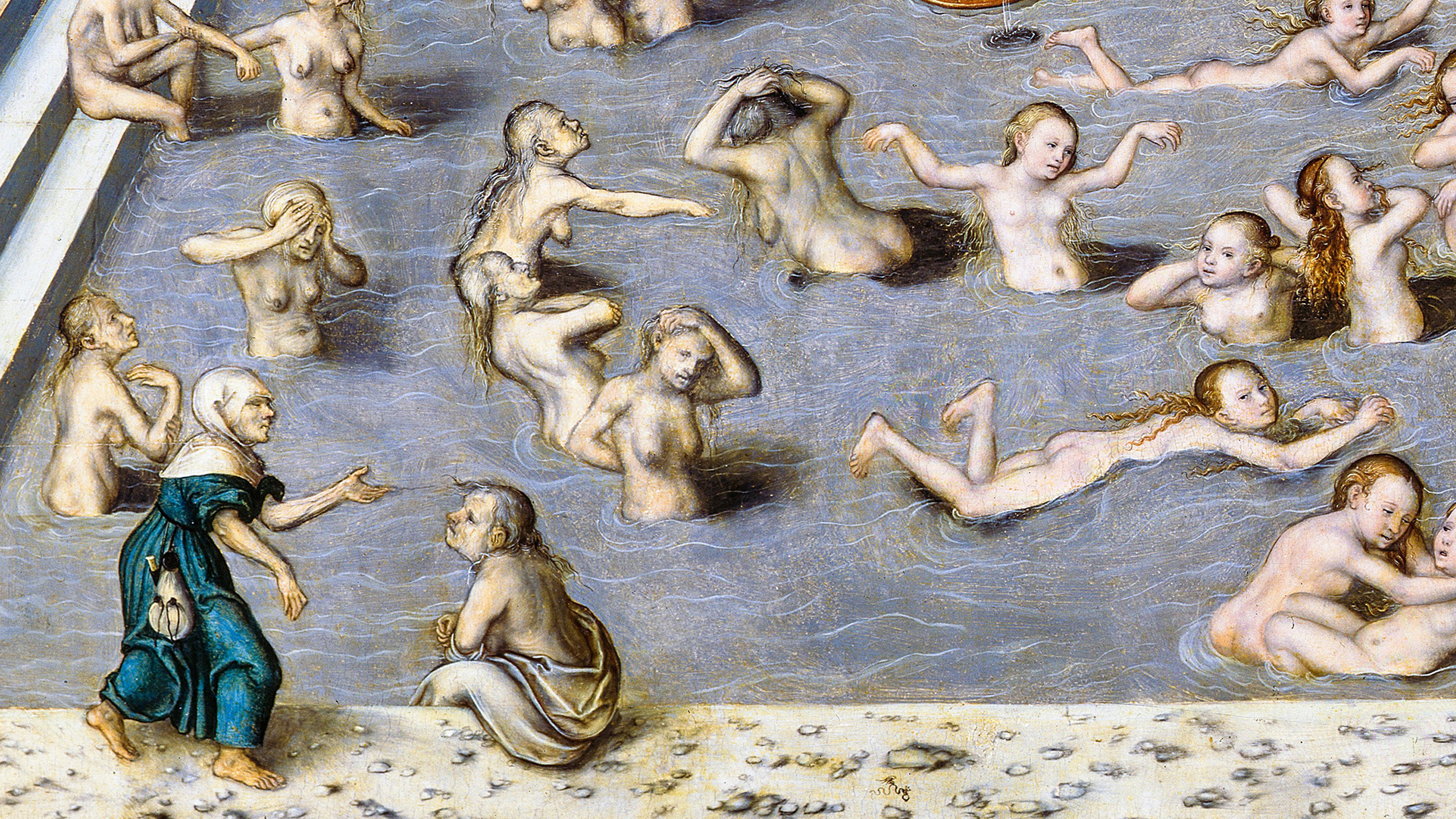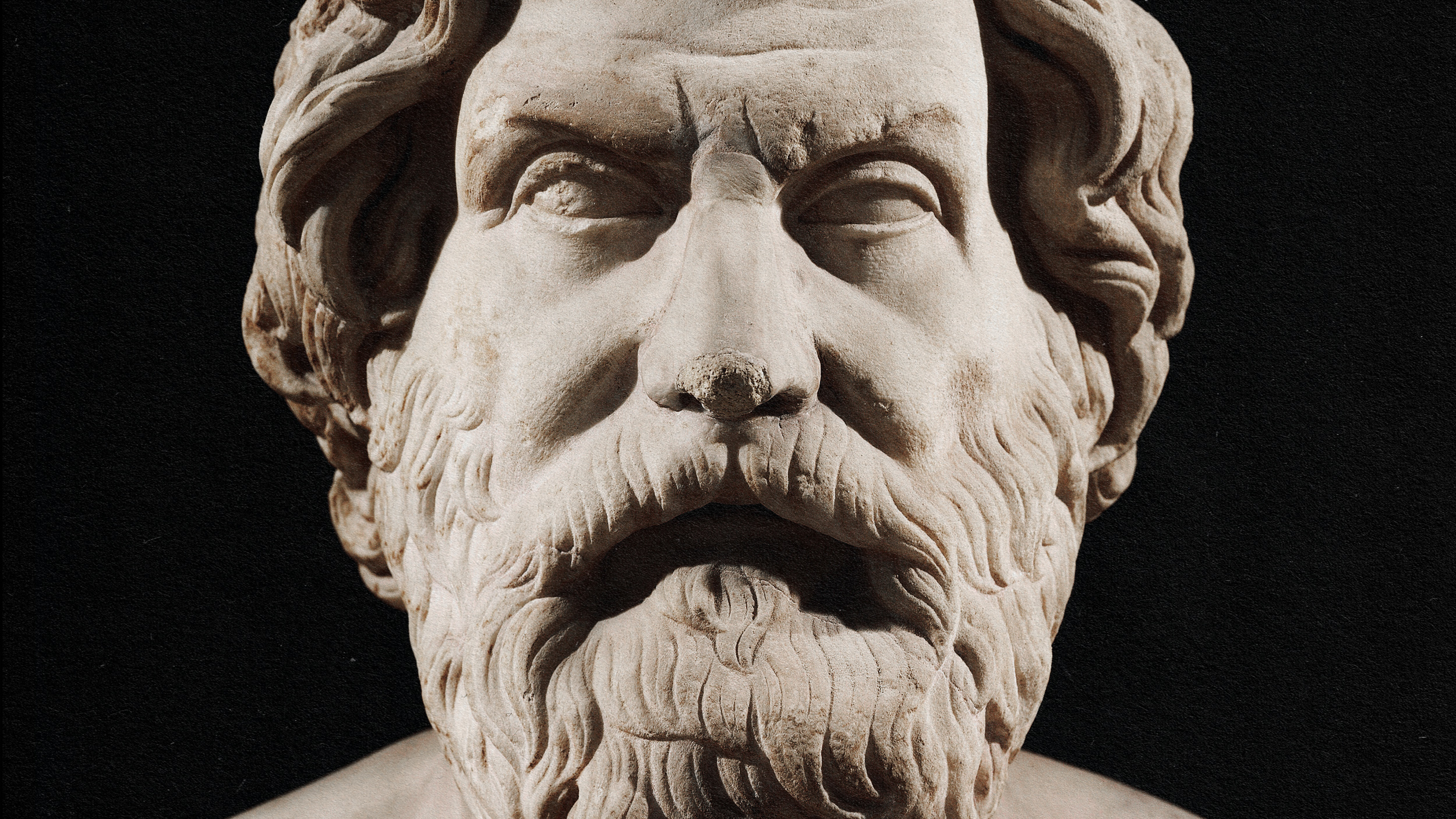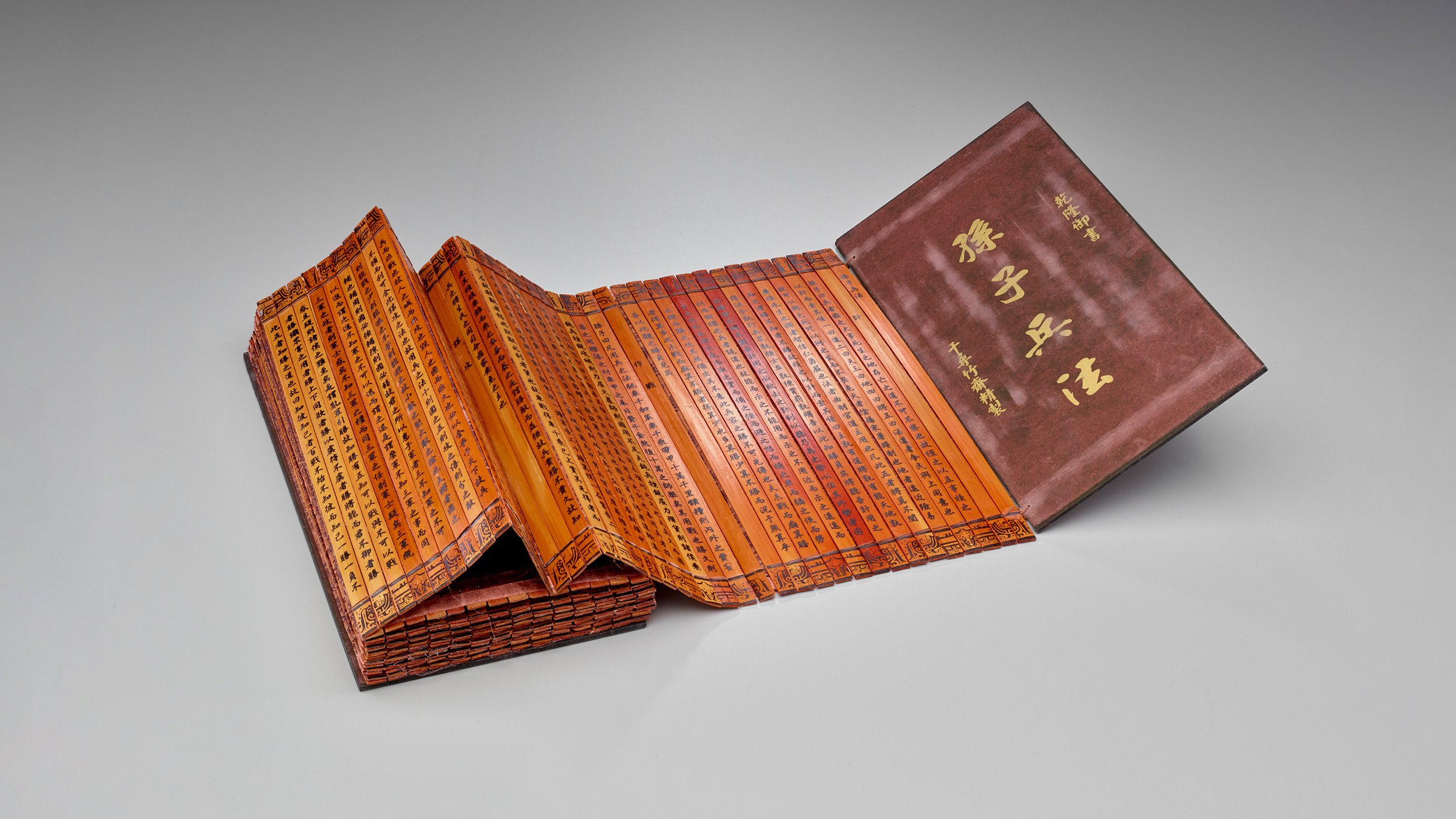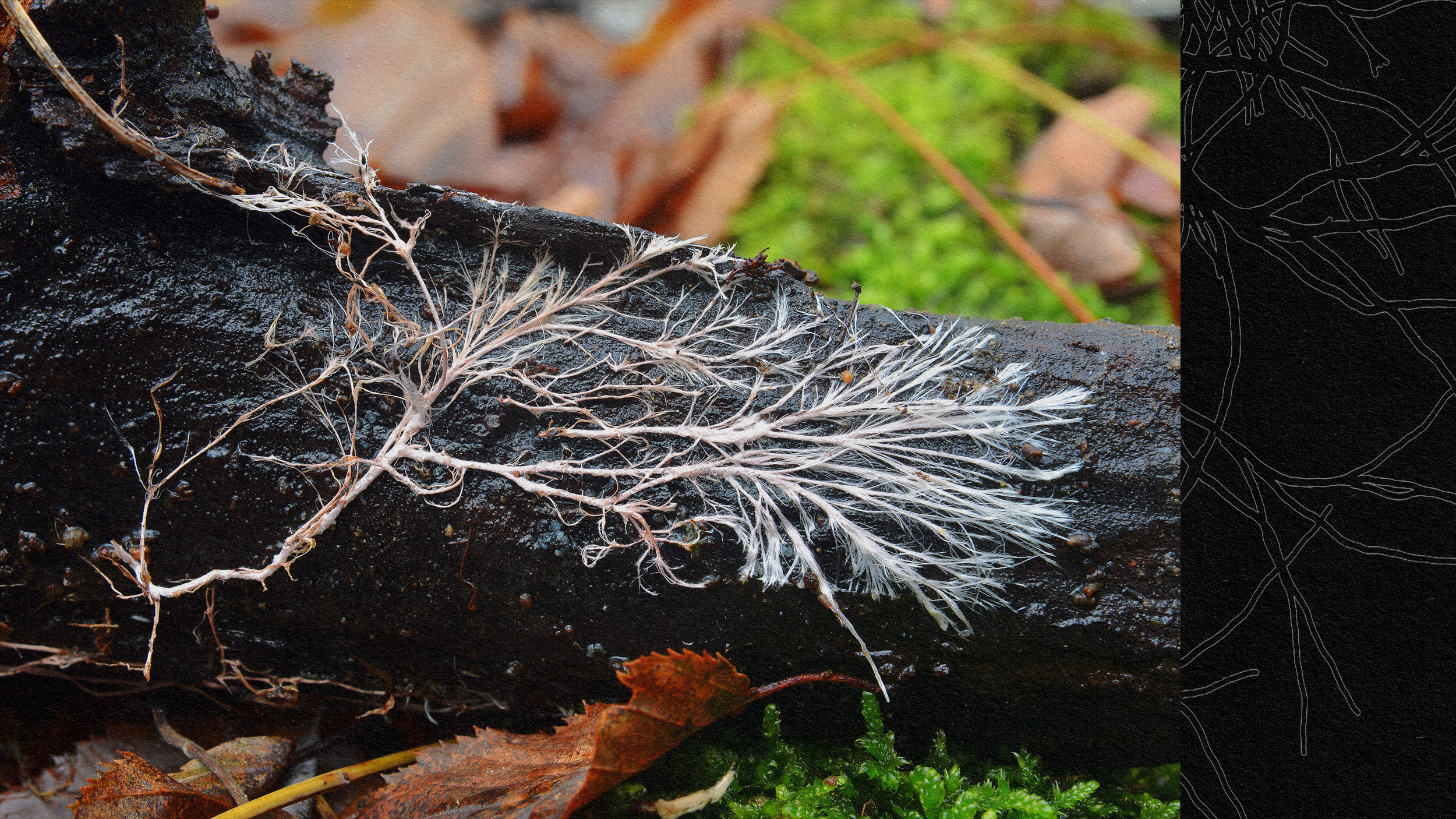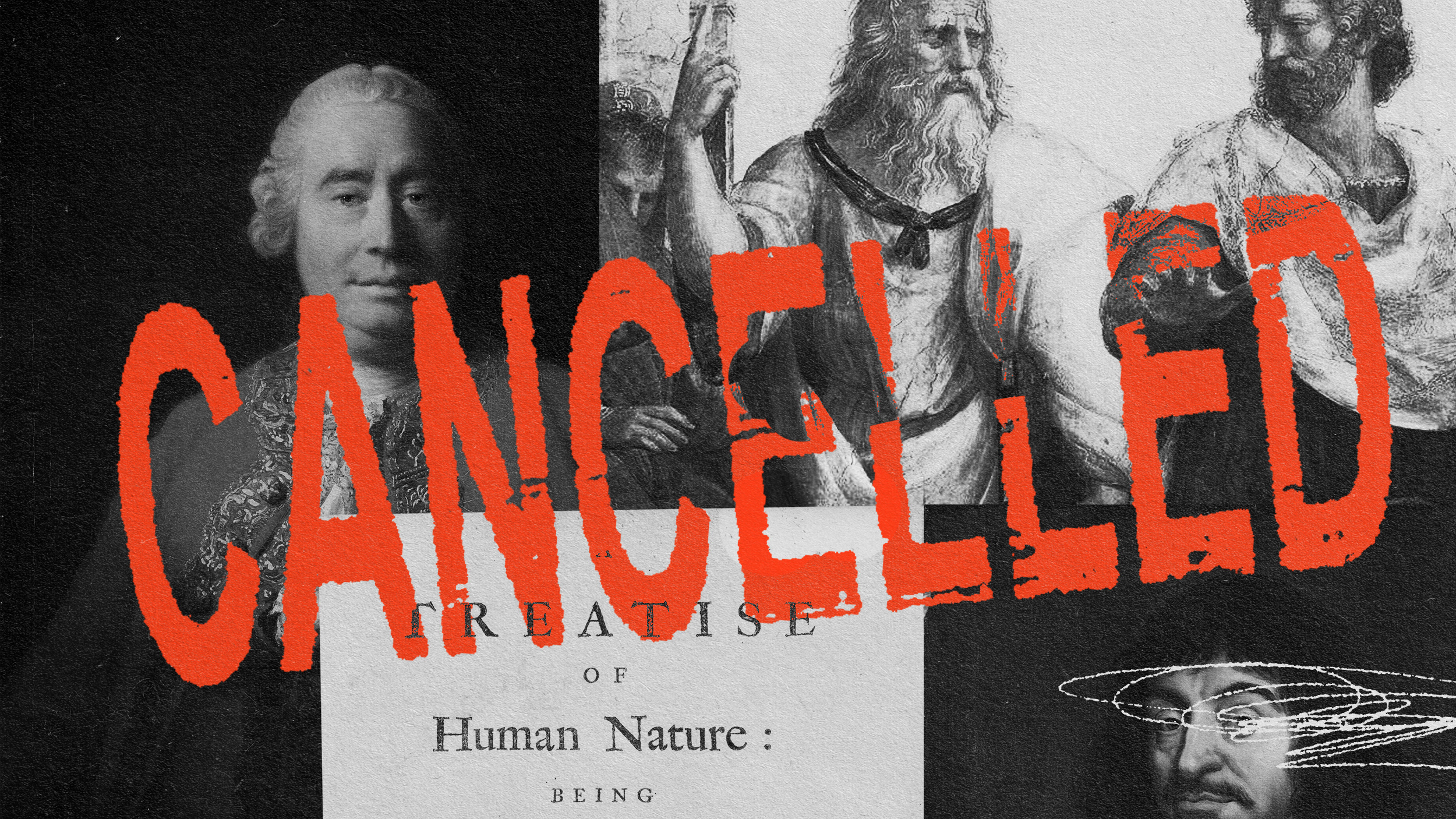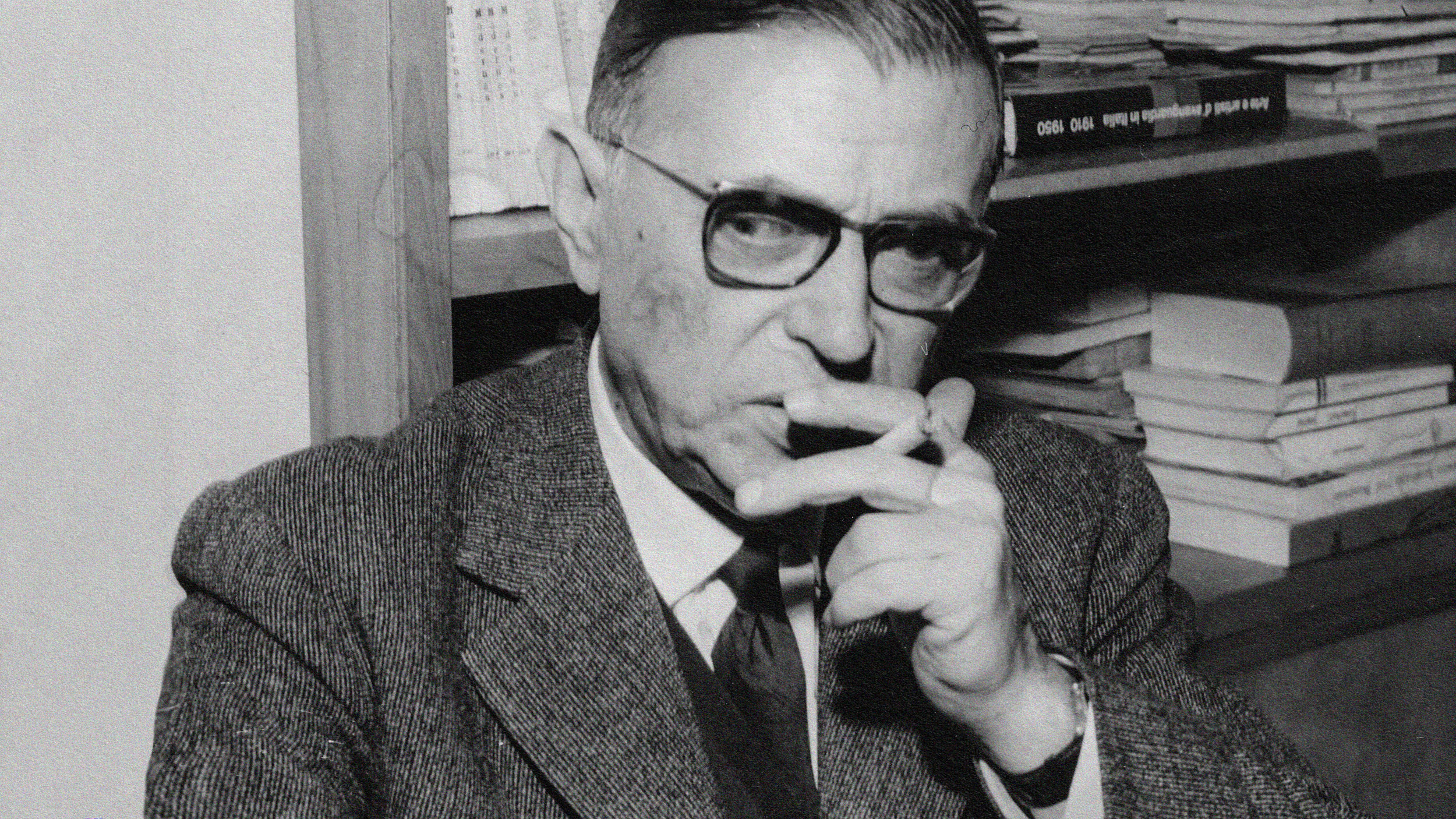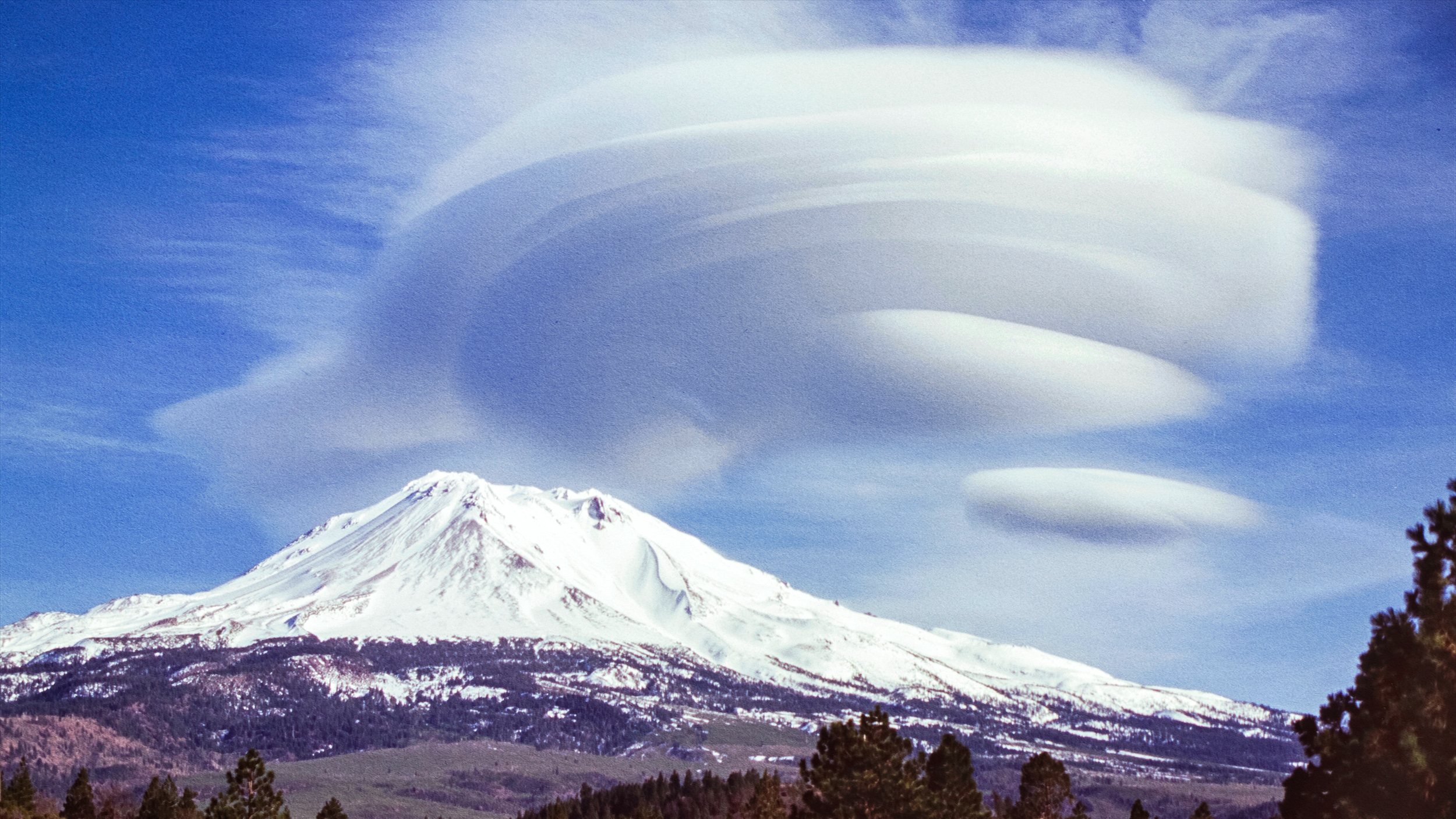Thinking
All Stories
College students once stood out from the pack on IQ tests. Today, they’re about average.
A volley of new insights reignites the debate over whether our choices are ever truly our own.
In pre-War Cambridge, students had to ace an interview with Ludwig Wittgenstein to attend his lectures — Alan Turing passed that test, and went on to create one of his own.
A controversial new philosophy paper tries to bring our moral prejudices to heel. Should it?
While Taoism can be paradoxical and abstract, it also offers daily life lessons.
Lockdowns moved the burden of COVID from the at-risk elderly to the less-at-risk young. Does this sacrifice merit compensation?
In hospice care and hospitals, we prioritize those with more life to live over those who are terminally ill. What is that, if not prejudice?
Once students master the basics of math, they are allowed to use calculators. The same should be true of writing and ChatGPT.
Your BS detector might not be as accurate as you think.
“To take this in, you need to ride inside the mathematical symbols.”
Science and philosophy seem to be separate fields, but philosophical advancements have made the world more accepting of debate and unorthodox ideas.
Neural imaging has shown that the brain has “decided” what we’re going to do before we make a conscious choice — but is this even relevant to free will?
Even if a leading theory of consciousness is wrong, it can still be useful to science.
Is immortality a tantalizing possibility or a philosophical paradox?
You are much more likely to die in a car crash than from terrorism. Yet, philosopher Eran Fish says fearing terrorism more is justified.
Traditionally, the long history of Japanese thought has not been viewed as “philosophy” — even by Japanese scholars. It’s time for a rethink.
Dive into five philosophical schools that have faded into obscurity but still whisper through the ages.
The philosophy of sex is going through a recalibration period.
There’s nothing like the end of the world to make you a philosopher.
Dive into China’s profound intellectual legacy through five seminal texts that have shaped millennia of thought.
Will you die when your body dies?
The world is facing many crises, and we should look to natural interdependence and ancient wisdom as we explore science for solutions.
“Conceptual isolation” offers an agreeable solution.
Scientific evidence does not support the use of trigger warnings, which are described as a “disingenuous gesture of trauma awareness.”
When science is a source of spirituality in people’s lives, they feel happy and engaged.
If you feel like you’re missing out on something bigger, you might be feeling saṃvega.
Dive into seven texts that continue to shape Western philosophy, from ancient Mesopotamia to Greece’s brightest minds.
The mountain can generate lenticular clouds, which may contribute to its supernatural reputation.
Is mindfulness really the panacea it’s touted to be, or are we glossing over some fundamental flaws?
